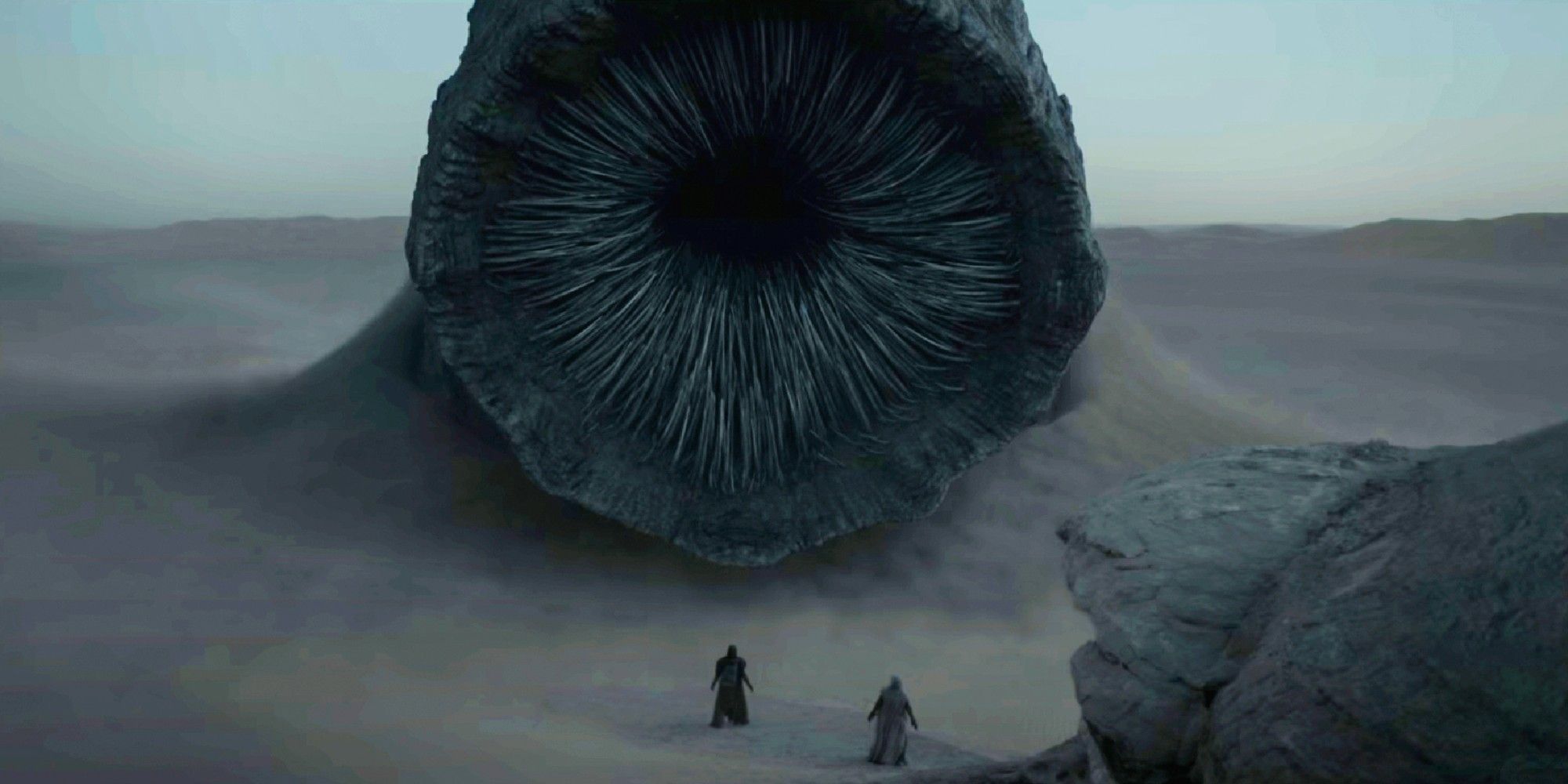Dune reportedly cost less to make than Denis Villeneuve's previous film, Blade Runner 2049, despite a sizeable all-star cast and more ambitious scale. Villeneuve's latest is an adaptation of the classic sci-fi novel by Frank Herbert, released in 1965. The book has been adapted twice before, as a big-screen release by David Lynch in 1984, and as a poorly received mini-series in 2000. The latest adaptation seems to be the most ambitious yet, with the first trailer promising an epic sci-fi action film packed with special effects and featuring an all-star cast.
Dune won't be Villeneuve's first crack at a beloved sci-fi property, having taken on directing duties for 2017's Blade Runner 2049, the sequel to Ridley Scott's 1982 cult classic. Unfortunately, just like its predecessor, the sequel struggled at the box office despite positive critic reviews and was considered one of 2017's biggest bombs as a result. The hopes for Dune reversing that trend were dealt a blow with the pandemic in 2020, and the movie's delay to 2021 won't make up for that, given it will be released on HBO Max the same day. That's likely to mean the box office numbers for Dune will be lower than if released in a typical year.
Now, a new report from the New York Times reveals Dune's budget was lower than Blade Runner 2049's. The report lists a $165 million budget for Dune, $20 million less than Blade Runner 2049 cost to make. Despite the fact, Dune features an all-star cast, including Timothée Chalamet, Zendaya, Oscar Isaac, Jason Momoa, Jason Momoa, and more than just two major stars in the latter film. The story also seemingly has a more extensive scope for CGI visuals, though Blade Runner 2049 also featured its fair share of CGI.
There are two possible reasons for Dune's lower budget. The first is the failure of Blade Runner 2049 at the box office. Warner Bros. was no doubt chastened by the previous film's inability to make a profit, forcing them to rein Villeneuve in on his new sci-fi. The other reason might be that Villeneuve reduced this film's cost, as this movie only covers material from the first half of the book. Thus, he would have cut a few major scenes from the story, though there is no doubt the movie is still massive in scope.
Whatever the reasons, Warner Bros. must be relieved they cut the budget as much as they could. With the pandemic delaying the movie, and now the game-changing HBO Max same-day release decision, WB is increasingly unlikely to make a genuine profit on Dune. By keeping the budget below expectations (and anything under $200 million for a big blockbuster is cheap, relatively), they've managed to avoid some of the financial damage caused by the pandemic. However, there's still the possibility that by August, the vaccine would be widely available, allowing WB to profit with Dune despite the HBO Max release.
Source: New York Times



